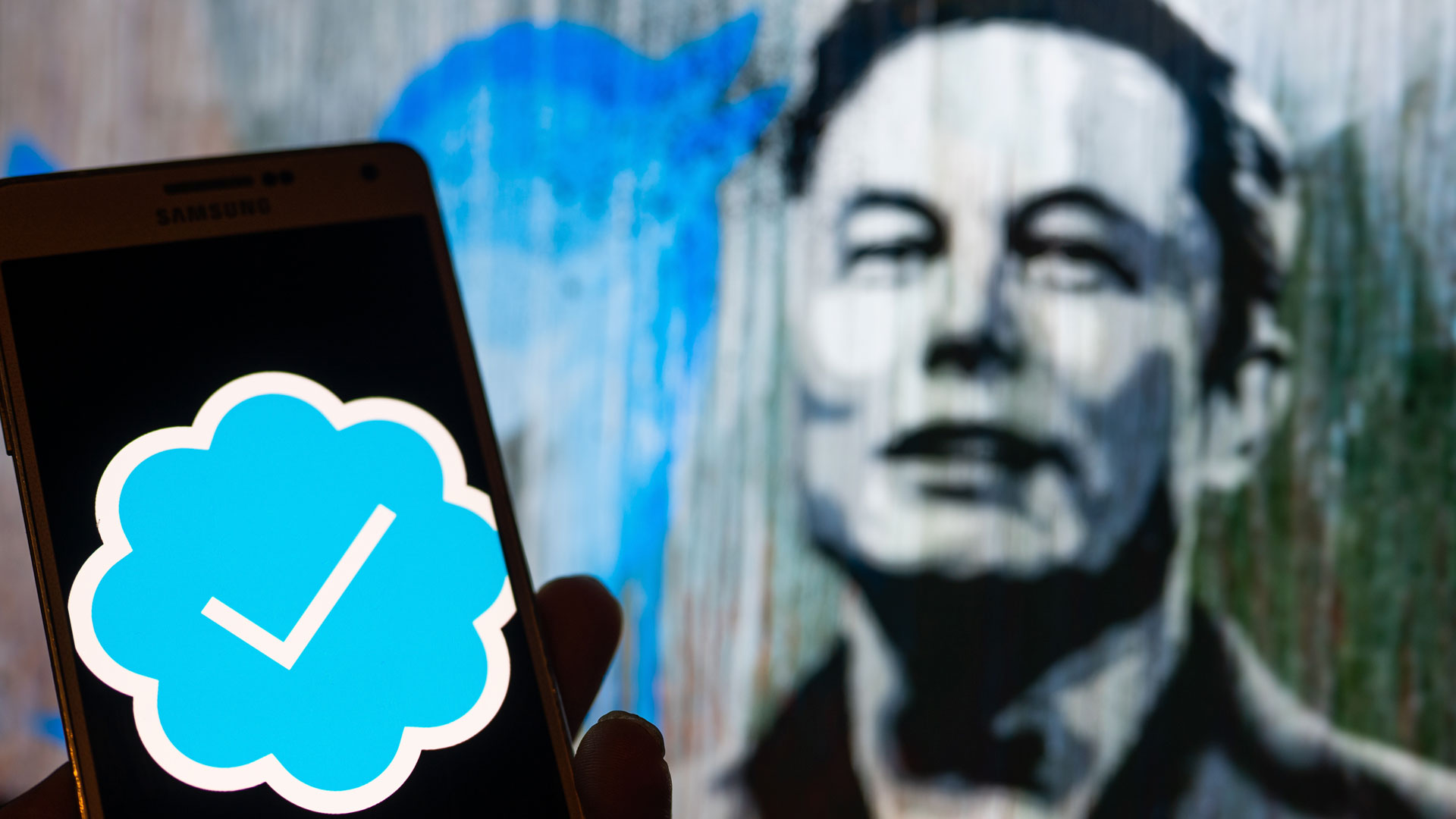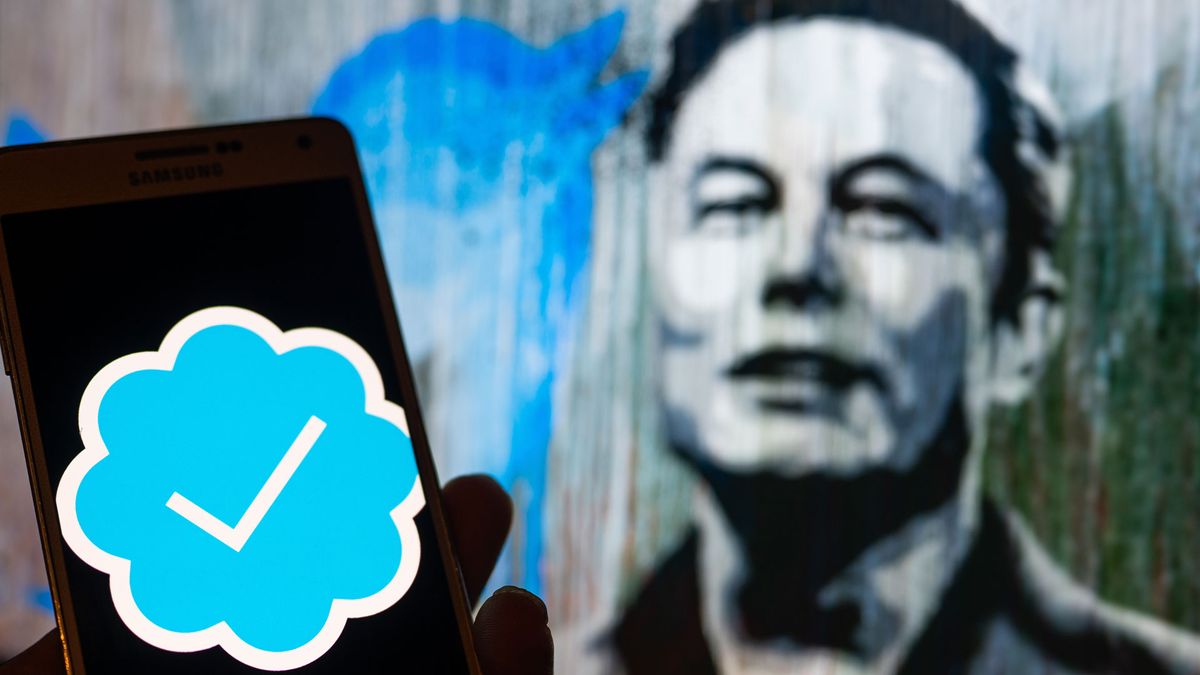[ad_1]

Elon Musk, the billionaire owner of Twitter, has been throwing a lot of features at the social media site after spending a whopping $44bn for it last year. But despite hinting at producing “Twitter 2.0 The Everything App,” his latest idea seems very similar to WhatsApp, the popular instant messaging app from Twitter’s biggest social media competitor, Meta (the company behind Facebook).
As Reuters reports (opens in new tab), Musk announced in a Tweet that “coming soon will be voice and video chat from your handle to anyone on this platform, so you can talk to people anywhere in the world without giving them your phone number.”
Being able to make video and voice calls via Twitter is certainly an interesting development, aligning it more closely with the likes of WhatsApp and Facebook Messenger, which offer those features as well.
With latest version of app, you can DM reply to any message in the thread (not just most recent) and use any emoji reaction. Release of encrypted DMs V1.0 should happen tomorrow. This will grow in sophistication rapidly. The acid test is that I could not see your DMs even if…May 9, 2023
In the above tweet, Musk also announced that direct messages (DMs) will now be encrypted, and promised that the feature will “grow in sophistication rapidly.”
Table of Contents
Keep it secret, keep it safe
Encrypted messaging means that any private messages you send to someone will remain private, so Twitter employees, governments, law enforcement agencies or malicious users cannot gain access to them.
WhatsApp also offers encrypted messaging, and it is often touted as one of the main benefits of the app. Privacy and freedom of speech campaigners have welcomed this announcement, and there are clear benefits, especially for people living and working in oppressive regimes.
Some people say, however, that encrypting messages can allow illegal activity to flourish. This is an argument often used by governments, and has led to rather frosty relationships between certain regimes and Meta over WhatsApp’s encryption.
By also adding encryption to Twitter, Musk risks raising the ire of governments as well, but as someone who fancies themselves as somewhat of an antiauthoritarian, this probably won’t concern Musk too much.
What should be of concern, however, is that with recent controversies such as removing legacy Blue Checks and a rise of extreme rhetoric from some users that has led to an exodus of advertisers (according to various sources, including Reuters (opens in new tab)), there is a sense that Twitter could be losing relevance. Announcing a few new features that rivals are already offering just won’t cut it. If Twitter is to survive, Musk’s Twitter 2.0 plans need to be more ambitious – but that is also a scary prospect.
[ad_2]
Source link

